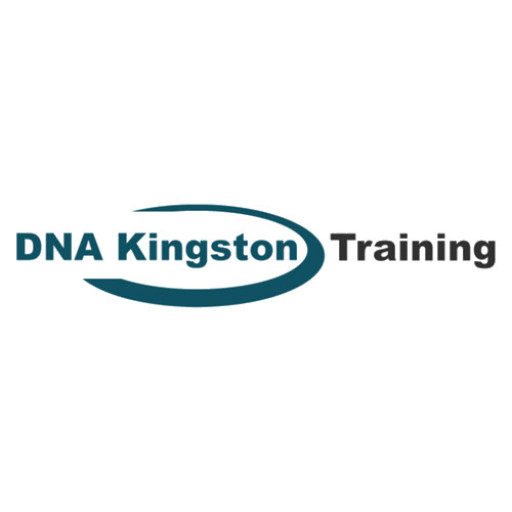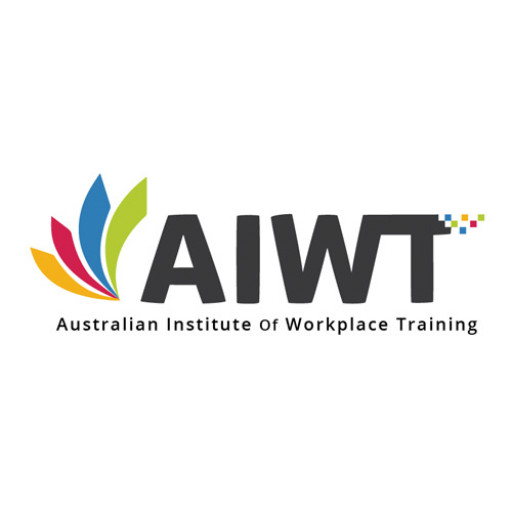The Domestic and Family Violence Frontline Skills program offered by TAFE NSW is designed to equip students with the essential knowledge and practical skills needed to support individuals experiencing domestic and family violence. This comprehensive course prepares participants to work effectively within community organizations, support services, and emergency response teams by developing a deep understanding of the complex dynamics of domestic abuse and the appropriate intervention strategies. Throughout the program, students learn about the legal frameworks, safety planning, risk assessment, and confidentiality requirements that are crucial in managing sensitive situations involving vulnerable clients. The curriculum also emphasizes the importance of cultural awareness, trauma-informed care, and respectful communication to ensure that support is provided compassionately and appropriately. Participants will engage in practical training, simulated scenarios, and case studies to hone their frontline response skills, enabling them to identify warning signs, offer appropriate assistance, and connect clients with necessary resources and support networks. The course is suitable for those already working in or aspiring to enter fields such as community services, social work, counseling, or law enforcement, who wish to enhance their competencies in this critical area. By completing this program, graduates will be capable of making a positive difference in the lives of individuals and families affected by domestic and family violence, contributing to safer and more supportive communities. The program is delivered through a combination of face-to-face workshops, online learning modules, and practical assessments, providing flexible options to accommodate various learning needs and schedules. Upon successful completion, students receive a nationally recognized qualification that reflects their expertise and commitment to safeguarding vulnerable populations from harm.
The Domestic and Family Violence Frontline Skills program at TAFE NSW is a comprehensive training course designed to equip participants with the essential knowledge and practical skills required to effectively support individuals experiencing domestic and family violence. This program focuses on fostering a deep understanding of the complexities surrounding domestic violence, including the various forms it can take, such as emotional, physical, financial, and social abuse. Throughout the course, students will learn to identify warning signs and respond appropriately with sensitivity and professionalism. The curriculum emphasizes the importance of cultural competence, ethical considerations, and the development of safety plans tailored to each individual's unique circumstances.
Participants will engage with a variety of learning activities, including realistic scenarios, role plays, and case studies, to develop their communication, assessment, and intervention skills. The program also covers key topics such as legal frameworks, victim support services, and strategies for working collaboratively with other agencies. Emphasis is placed on adopting trauma-informed approaches that prioritize the safety and well-being of clients at all times. By the end of the course, students will be capable of confidently supporting clients, raising awareness about domestic violence, and contributing to community safety initiatives.
This program is ideal for frontline workers, community service providers, social workers, and anyone involved in supporting vulnerable individuals and families affected by domestic violence. It aims to provide a foundational understanding while encouraging ongoing professional development to improve outcomes for clients. The Domestic and Family Violence Frontline Skills program not only enhances individual competencies but also promotes a proactive response to domestic violence issues within the community. Enrolling in this course ensures that participants are better prepared to make a positive impact and deliver practical, compassionate support to those in need.
Program requirements for the Domestic and Family Violence Frontline Skills course at TAFE NSW include a combination of prerequisite knowledge, practical skills, and assessment components designed to ensure graduates are prepared to support victims of domestic and family violence effectively. Applicants are generally expected to have a basic foundation of communication skills and a demonstrated interest or experience in community service or related fields. There are no formal educational prerequisites for enrolling in this course, making it accessible to a broad range of participants, including those currently employed or seeking to enter the social services sector.
Participants must complete all required coursework and assessments, which include theoretical knowledge components covering domestic and family violence laws, risk assessment procedures, and trauma-informed care practices. Practical training elements involve role-play simulations, case studies, and work placement requirements to ensure students can apply their learning in real-world settings. The program emphasizes the development of skills necessary to support victims, collaborate with other agencies, and understand the legal framework surrounding domestic violence issues.
Evaluations are conducted through written assignments, practical demonstrations, and participation in class activities. Additionally, students must demonstrate cultural competence and sensitivity, particularly when working with diverse populations. There is also an emphasis on maintaining a professional standard of practice, ethics, and confidentiality throughout the course. To successfully complete the program, students are typically required to achieve a minimum competency in all assessments within the designated timeframe.
Enrollment may also require compliance with TAFE NSW's policies on student conduct, health and safety, and participation in any additional mandated training or orientation sessions. It is advised that applicants review the specific curriculum outline and participate in introductory sessions to ensure they meet the program's expectations. Upon completion, graduates will be equipped with the frontline skills necessary to contribute effectively to domestic and family violence support services, increasing their employability within social support agencies, community services, or related organizations.
Funding options for the Domestic and Family Violence Frontline Skills program at TAFE NSW typically include a range of government-subsidized and fee-for-service pathways. As a publicly funded institution, TAFE NSW offers subsidized training for eligible students through various government schemes, including the Smart and Skilled initiative, which supports residents of New South Wales to access vocational education at an affordable cost. Eligible students enrolled in this program can benefit from subsidized tuition fees, significantly reducing the overall cost of obtaining their qualification. Additionally, there are fee exemptions and concessions available for certain students, such as those who hold specific concessions cards, including Pensioner Concession Card, Health Care Card, or other approved categories, further easing the financial burden.
For students who do not qualify for government subsidies, the program can be paid through upfront fees, payment schemes, or financier options offered by TAFE NSW. These payments can often be divided into installments, making the course more accessible to a wider range of learners. TAFE NSW also designs comprehensive student support programs that assist individuals in navigating financial aid options and accessing scholarships where available. Some students may also access Fee Help arrangements or explore External Funding sources depending on specific circumstances and eligibility criteria.
In addition to government funding, employers might also contribute toward tuition fees as part of workforce development strategies, especially for those seeking to expand their frontline skills in domestic and family violence prevention. TAFE NSW often partners with local organizations and community services, which may provide subsidized or funded training opportunities for their staff or associated volunteers.
It is important for prospective students to consult the most recent information directly from TAFE NSW’s official resources, as funding policies and eligibility criteria may change annually. Overall, the financing of this program aims to ensure broad accessibility and support learners in gaining vital skills to contribute effectively to domestic and family violence frontline work, with a focus on reducing barriers related to training costs.
The Domestic and Family Violence Frontline Skills program offered by TAFE NSW is designed to equip participants with the essential knowledge and practical skills required to support individuals experiencing domestic and family violence. This qualification focuses on developing a comprehensive understanding of the dynamics of family violence, including its causes, effects, and the appropriate ways to intervene effectively and empathetically. Participants learn how to recognize signs of abuse, provide appropriate support, and understand the legal and ethical responsibilities involved in working with victims.
The program covers a range of topics including safety planning, risk assessment, and crisis management. It emphasizes the importance of cultural sensitivity and inclusivity, ensuring that frontline workers are prepared to support diverse populations. The course is suitable for individuals seeking to work in community services, social work, counseling, or related fields, as well as those already employed in these sectors who wish to enhance their skills and knowledge regarding family violence.
The training is delivered through a combination of theoretical instruction, practical workshops, and simulated scenarios to enhance learning outcomes. Participants may engage in role-plays and case studies to apply their skills in real-world contexts. Upon successful completion, graduates are awarded a nationally recognized qualification that enhances their employability and prepares them to contribute effectively in roles such as family violence support workers, case managers, or community service officers.
The program aligns with current industry standards and legal requirements, ensuring that graduates are well-prepared to operate within the framework of the law and best practice principles. TAFE NSW is known for its practical focus and industry engagement, which ensures that the skills taught are relevant and up-to-date. The course also promotes ongoing professional development and encourages participants to stay informed about emerging issues and resources related to family violence prevention and intervention.
Overall, the Domestic and Family Violence Frontline Skills program aims to build a safer and more supportive environment for victims of family violence by empowering frontline workers with the knowledge, skills, and confidence needed to make a positive impact. It is a vital component of Australia's broader strategy to reduce domestic violence and support survivors through well-trained, empathetic service delivery.








